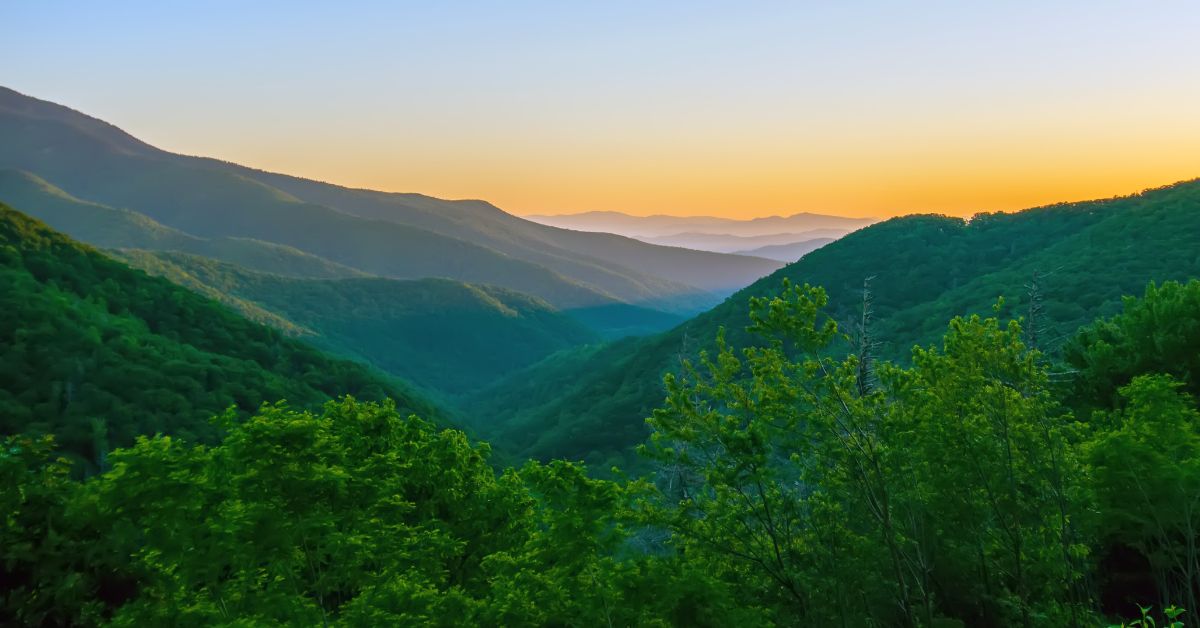FIRE vs FUNGI
Our choice to cool the planet naturally and in time
Tells an overwhelmingly important, interconnected and inspiring story that uproots the narrative of ‘doom and gloom’ and replants it with an empowering ‘yes, we can regenerate earth’s bio-systems to cool the planet naturally and in time and reverse climate change.’
Biodiversity for a Livable Climate presents a talk by Walter Jehne, Australian climate scientist and soil microbiologist.
Introduction by Didi Pershouse, The Center for Sustainable Medicine. Presented at Harvard University. – April 30, 2018
Podcast – Walter Jehne – Stop talking about carbon emissions and focus on restoring the water cycle – Investing in regenerative agriculture.
Media of Interest
Greening Landscape Changes Air Flow
from Earth Observatory NASA – Posted March 10 2021
Story by Michael Carlowicz, with Kassie Perlongo, NASA Ames Research Center.
For at least a century, air, ocean, and land temperatures on Earth have been steadily rising. For at least the past forty years, the planet has been growing a bit greener. Now researchers have found that the greening of the planet can change the movement of air near the land surface in ways that offset at least some warming. Essentially, global warming would be even worse were it not for extra greenery changing how and where heat builds up across the landscape.
In 2019, remote sensing scientists Chi Chen, Ranga Myneni, and colleagues at Boston University used satellite observations to show that vegetation cover had increased globally by 5 percent since the early 2000s. In 2020, the research group linked that increase in greenness to a slight offset in global temperatures.

